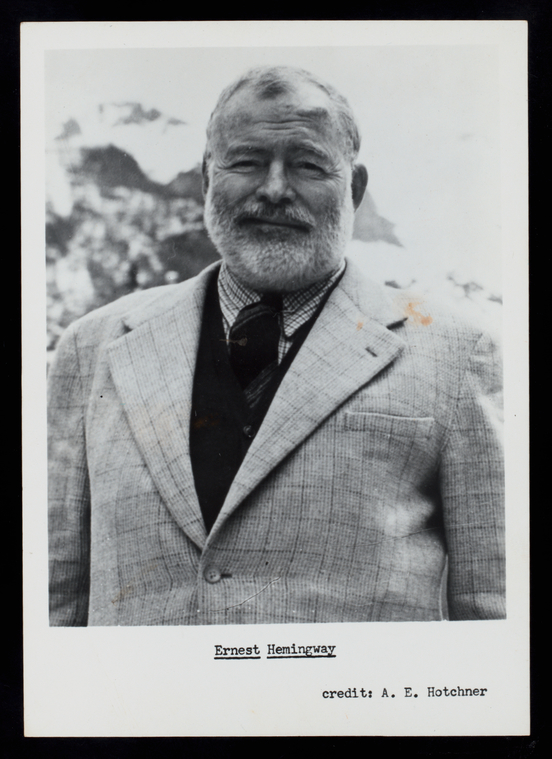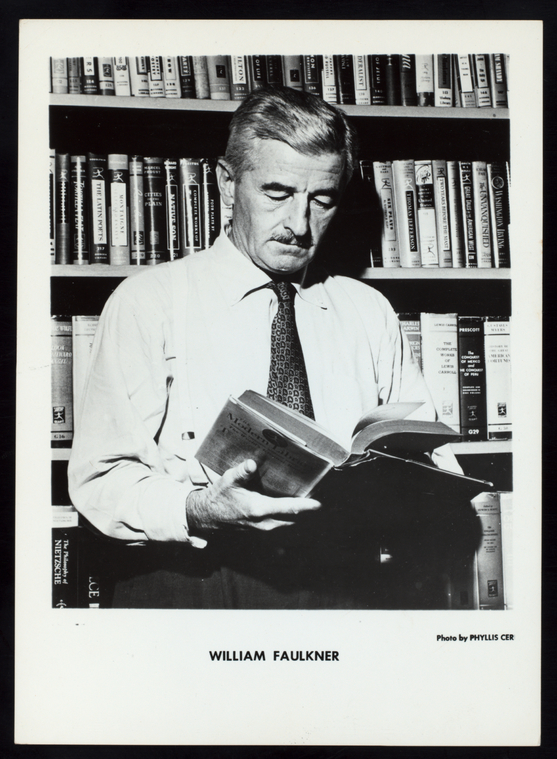Well, yesterday I intimated that Hemingway was a simpleton. A pox upon me. To make amends, I thought we’d stack him up against his flowery old nemesis, Faulkner, and measure them both against the greatest wordsmith of them all: William Shakespeare.
To do this, I’m pulling two passages from Strunk and White’s Elements of Style, both describing "languor," - one by Faulkner, the other by Hemingway- and plugging them into the Oxford Dictionaries’ “How Shakespearean Are You?” tool. You may be surprised, as I was, by the results:
"He did not still feel weak, he was merely luxuriating in that supremely gutful lassitude of convalescence in which time, hurry, doing, did not exist, the accumulating seconds and minutes and hours to which in his well state the body is slave both waking and sleeping, now reversed and time now the lip-server and mendicant to the body’s pleasure instead of the body thrall to time’s headlong course." The tool's verdict: Your English is 84 percent Shakespearean. The waters of the Avon almost lap at your feet.
"Manuel drank his brandy. He felt sleepy himself. It was too hot to go out into the town. Besides there was nothing to do. He wanted to see Zurito. He would go to sleep while he waited." The tool's verdict: Your English is 92 percent Shakespearean. Do you live at the Rose Theatre?
Who'd have thunk it? My own first paragraph up above grades out at an 80. Type your own text into the tool and tell us how Shakespearean you are.



